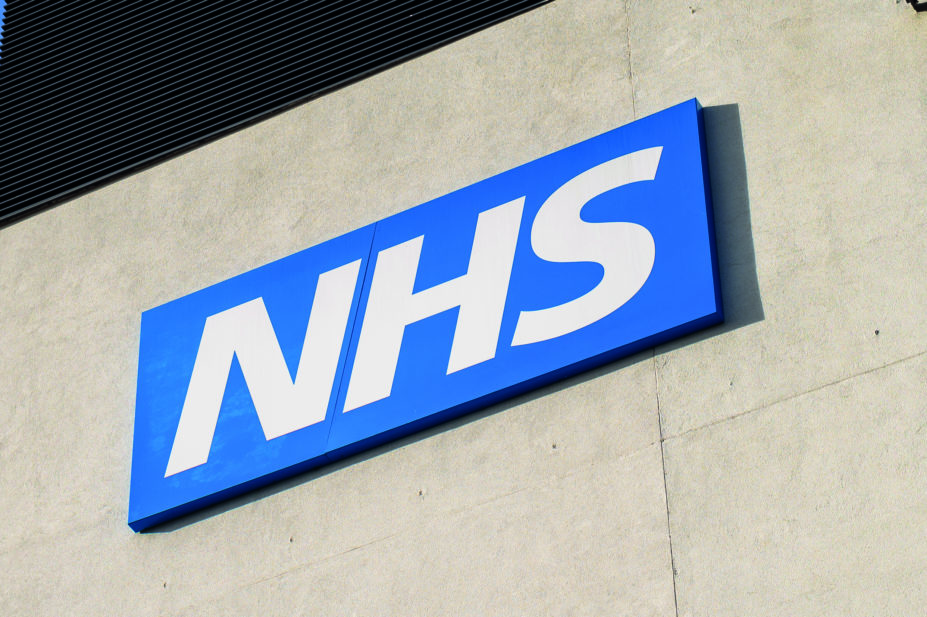
Shutterstock.com
NHS England has launched a public consultation on whether to limit the prescribing of eight items in an effort to save almost £70m per year.
At its board meeting on 28 November 2018, NHS England approved the launch of a consultation on whether eight items should be included in clinical commissioning group guidance on “items that should not be routinely prescribed in primary care”.
The guidance was first published in November 2017, listing 18 items that should no longer be prescribed in primary care as they were considered to be of low clinical value or were not cost effective.
NHS England also issued guidance in March 2018 restricting routine prescribing of over-the-counter medicines for the treatment of 35 minor self-limiting conditions.
Speaking at the board meeting, Stephen Powis, NHS England’s national medical director, said the committee responsible for drawing up the guidance, which includes representatives from the Royal Pharmaceutical Society, NHS Clinical Commissioners and NHS England, had committed to reviewing the November 2017 guidance “at least annually” to identify items that could be retained, removed or added to the list.
In the latest review, the committee identified eight further items for inclusion on the list, including silk clothes, amiodarone for abnormal heart rhythms, bath and shower emollient preparations, dronedarone for atrial fibrillation and minocycline for acne, which were determined to have “relatively low clinical effectiveness”.
Blood glucose testing strips, needles for prefilled and reusable insulin pens and aliskiren for blood pressure could also be included on the list after they were not found to be cost effective.
According to an NHS England board paper, it is estimated that curbing prescribing on these items will save “£68.8m against actual expenditure in 2017/2018”.
Powis clarified to the board: “It should be noted that this is not a complete ban, it’s about selecting more clinically and cost effective alternative medicines and items where appropriate.”
The consultation will also seek to update the initial clinical commissioning group guidance on rubefacients — pain relievers for musculoskeletal conditions included in the 2017 list of items — “to consider exclusion of capsaicin cream, in line with [National Institute for Health and Care Excellence] guidance”.
The consultation is set to run from 28 November 2018 until 28 February 2019.


